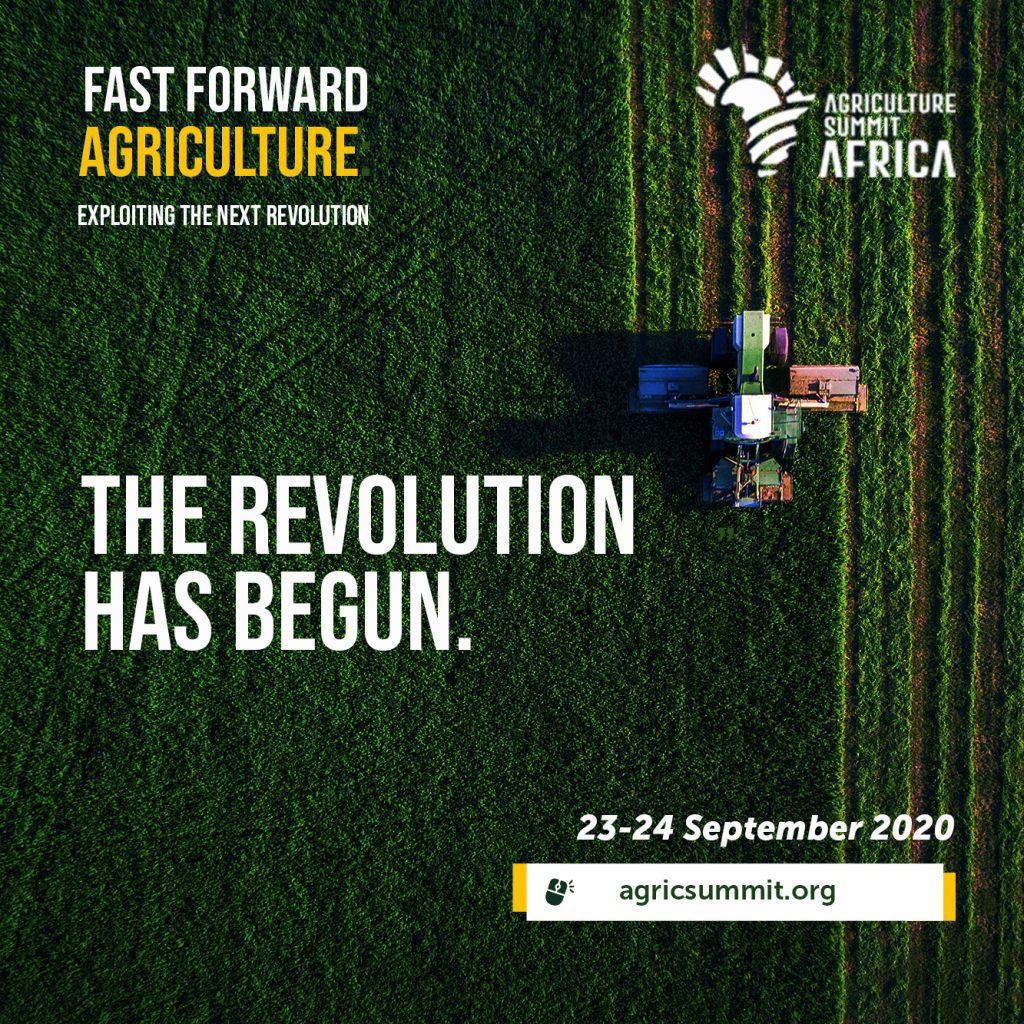This year’s Agriculture Summit Africa was a classic example of ‘virtual at its finest’. At the brink of the Covid-19 pandemic, we realized that we would not be able to enjoy the company of illustrious agribusiness owners and enthusiasts like we did last year but we needed to have serious conversations around the carefully chosen theme – Fast-Forward Agriculture: Exploiting The Next Revolution, as soon as possible.
To kick off the event was a speech by Mr. Asue Ighodalo, the Chairman, Sterling Bank PLC, who stated that the choice of topic stemmed from the devastating effect that the outbreak of the Covid-19 had on agricultural productivity across the world, especially following the flooding recently experienced in Kebbi State of Nigeria.
He emphasized that the focus had to be on Agriculture as the continent’s most definitive path for growing inclusive economies and creating productive jobs mainly for its teeming young population, considering that Africa has more than half of the world’s uncultivated arable land.
The Agriculture Summit Africa was inspired by the World Bank’s projection that the Agriculture sector in Africa will exceed one trillion dollars within a decade if we obtain access to adequate capital, electricity, better technology, appropriate seedlings and irrigated land to grow high value nutritious foods.

Accordingly, the Summit seeks to bring together policy makers, investors, development finance institutions, development agencies, and value chain players on the continent to develop a roadmap for achieving the expected one trillion-dollar value in the sector by 2030.
It is inspiring that the Agriculture Summit Africa was instituted at a time when the Nigerian government focused on the diversification of our economy and food security through enhanced attention paid to the sector. As of today, government is keen to close two key gaps in agriculture as enunciated in the Agricultural Promotion Policy unveiled in 2016. The identified gaps consist of the inability to meet domestic food requirements and our inability to export at the quality levels required for market success.
In 2018, during the maiden edition, the communiqué issued indicated that Nigeria needs a new approach to primary production that uplifts the small holder farmer in rural areas. By the end of the 2019 Summit, it was agreed that as the most dynamic sector in Africa, the agriculture sector must serve as the key driver of inclusive economic growth, attainment of sustainable wealth, massive job creation and extensive poverty reduction.
The Summit sought to address the weak synergy between the financial and agricultural sectors, being one of the major drawbacks to the transformation of agriculture in Africa. Some progress has been made since these two Summits, but clearly not incremental enough.
This set the stage for the issues that dominated this year’s edition of the annual Summit; Fast-Forward Agriculture: Exploiting The Next Revolution.
















